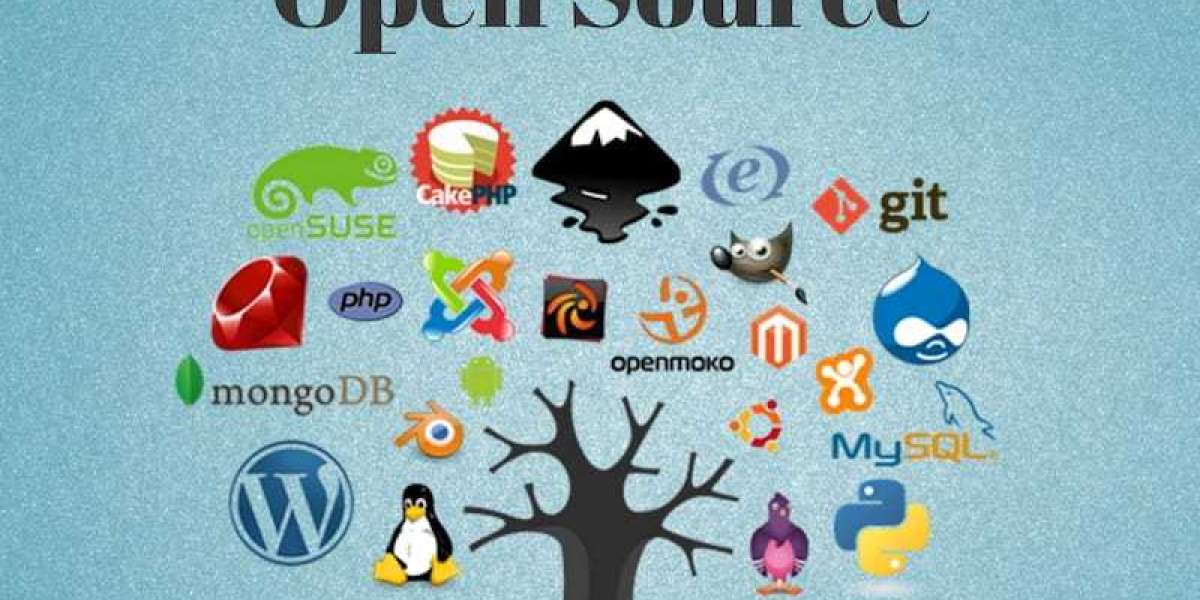Open source has become the backbone of modern technological advancements, revolutionizing the way software is developed, distributed, and maintained. At its core, open source refers to software with source code that anyone can inspect, modify, and enhance. This collaborative approach fosters innovation, transparency, and community-driven development.
Embracing the Benefits
1. Flexibility and Customization
One of the primary advantages of open source software is its flexibility and customization capabilities. Unlike proprietary solutions, open source grants users the freedom to tailor the software to their specific needs, ensuring a perfect fit for any project or organization.
2. Cost-Effectiveness
In an era where budget constraints often dictate decision-making, open source shines as a cost-effective alternative to commercial software. With no licensing fees and a wealth of free tools and resources available, organizations can significantly reduce their overhead costs without compromising quality or functionality.
3. Enhanced Security
Contrary to common misconceptions, open source software often boasts robust security features. The transparent nature of its development process allows for thorough code review by a global community of developers, leading to faster identification and resolution of vulnerabilities.
Navigating the Open Source Landscape
1. Choosing the Right Tools
When venturing into the world of open source, selecting the appropriate tools is crucial for success. Whether it's content management systems like WordPress, e-commerce platforms like Magento, or programming languages like Python, conducting thorough research and analysis is essential to identify the best solutions for your specific requirements.
2. Leveraging Community Support
One of the greatest assets of open source is its vibrant and supportive community. Forums, mailing lists, and online communities provide invaluable resources for troubleshooting, sharing best practices, and collaborating with like-minded individuals from around the globe.
3. Contributing to the Ecosystem
While reaping the benefits of open source, it's essential to give back to the community that sustains it. Whether through code contributions, bug reporting, or financial support to open source projects, every contribution helps strengthen the ecosystem and ensures its continued growth and innovation.
Mastering Open Source Development
1. Embracing Collaboration
Central to the ethos of open source is collaboration. Embrace the spirit of collaboration by actively participating in open source projects, contributing code, providing feedback, and engaging with fellow developers to drive innovation and create meaningful impact.
2. Continuous Learning and Improvement
In the fast-paced world of technology, continuous learning is paramount. Stay abreast of the latest developments, trends, and best practices in open source development through online courses, conferences, workshops, and networking events. By investing in your skills and knowledge, you position yourself as a valuable asset in the open source community.
3. Embracing Innovation
Open source thrives on innovation and creativity. Don't be afraid to think outside the box, experiment with new ideas, and push the boundaries of what's possible. By embracing innovation, you not only contribute to the evolution of open source but also differentiate yourself as a forward-thinking developer in a competitive landscape.
Conclusion
In conclusion, open source represents a paradigm shift in software development, offering unparalleled flexibility, cost-effectiveness, and security. By understanding its principles, embracing its benefits, and mastering its intricacies, you can unlock a world of endless possibilities and propel your projects to new heights of success.












